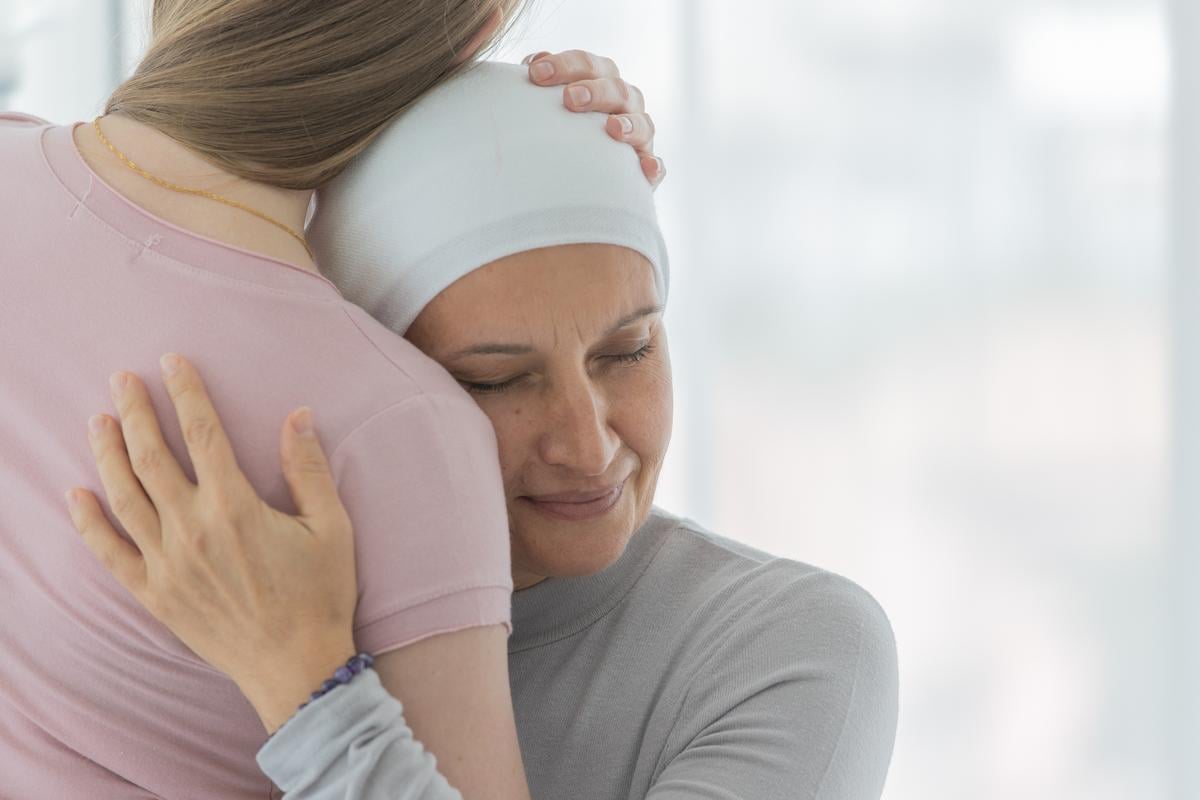
Any form of breast cancer treatment appears to speed the aging of the recipient’s cells, a new study finds.
“For the first time, we’re showing that the [aging] signals we once thought were driven by chemotherapy are also present in women undergoing radiation and surgery,” said study lead author Judith Carroll.
“While we expected to see increased gene expression linked to biological aging in women who received chemotherapy, we were surprised to find similar changes in those who only underwent radiation or surgery,” said Carroll. She’s an associate professor of psychiatry and biobehavioral sciences at the University of California Los Angeles (UCLA), as well as an investigator at UCLA Health’s Jonsson Comprehensive Cancer Center.
The findings were published Oct. 7 in the Journal of the National Cancer Institute.
As the researchers explained, the rigors of breast cancer have long been linked to accelerated aging. Fatigue, declines in thinking and memory and increasingly physical frailty can plague survivors.
Just how big a contributor to those declines is cancer treatment?
To find out, the UCLA team spent two years tracking the gene expression of blood cells in women undergoing breast cancer treatment. They were looking for genetic markers of cellular aging, including responses to DNA damage, cellular senescence (when cells cease dividing), and markers of inflammation.
Cellular senescence is an especially potent sign of aging, because when cells stop dividing they can release toxic substances that can harm adjacent cells.
Regardless of the type of treatment a woman was receiving for breast cancer care — chemotherapy, radiation or surgery — there were clear signs of inflammatory signaling and cellular senescence — from cells, especially immune system cells, Carroll’s team found. This suggests these cells were aging faster than normal.
There were also clear signs of increased DNA damage-response genes, another sign of cellular aging. These changes occurred in patients who were receiving chemotherapy as well as those who were not, the researchers noted.
Knowing that these changes are occurring might help breast cancer survivors, said study senior author Julienne Bower.
“The results suggest women who receive treatment for breast cancer have a pattern of gene expression that indicates increased DNA damage and inflammation, which could be important targets for recovering from cancer and having a better quality of life in survivorship,” said Bower, who is a member of the cancer center and a professor of psychology at UCLA.
“We’ve only just begun to understand the long-term consequences of cancer therapy and these findings are a critical step toward understanding the biological pathways that drive many post-treatment symptoms in breast cancer survivors,” Carroll added in a UCLA news release. “Our goal is to find ways to improve survivorship, not just in terms of years lived, but also in quality of life and overall health.”
More information
Find out more about breast cancer treatments at the Mayo Clinic.
SOURCE: University of California Los Angeles – Los Angeles Health Sciences, news release, Oct. 8, 2024
Source: HealthDay

Leave a Reply